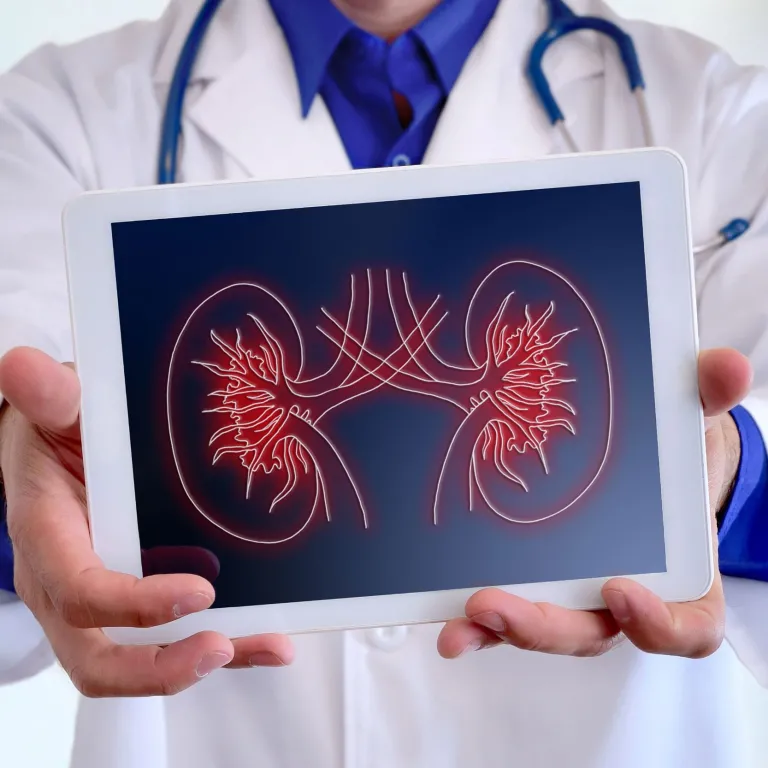
March is National Kidney Month, and while everyone should take time to learn about kidney disease, a condition that affects 37 million American adults, it’s especially important for seniors. First, some background: Kidneys are like the body’s chemical factories, because they filter waste and control red blood cell production and blood pressure. But kidneys can become damaged over time with little to no physical symptoms; in fact, most Americans don’t even know they have kidney disease. For that reason, the National Kidney Foundation recommends doing five simple things to protect their kidneys:
- Get tested—Those with diabetes, high blood pressure, or a family history of kidney failure, as well as those over 60, should get tested annually. Ask your doctor for an ACR urine test or GFR blood test.
- Reduce NSAIDs—Nonsteroidal anti-inflammatory drugs and other over-the-counter pain medications can harm your kidneys. Reduce regular use and never go over the recommended dosage.
- Don’t eat processed foods—Enough said.
- Exercise regularly—Again, pretty self-explanatory.
- Control blood pressure and diabetes—High blood pressure and diabetes are the leading causes of kidney disease and failure, so managing these conditions is critically important for kidney health.
As mentioned above, adults over 60 should pay especially close attention to their kidney health, because as people age, so do their kidneys. While 1 in 9 American adults have kidney disease, that number is much higher for seniors: more than half of seniors over the age of 75 are believed to have it.
The best way for seniors to stay on top of their kidney health? Regular screenings. The National Kidney Foundation recommends annual screening with a simple urine albumin test, which checks for protein in the urine—the earliest sign of kidney damage—as well as a blood test for kidney function.